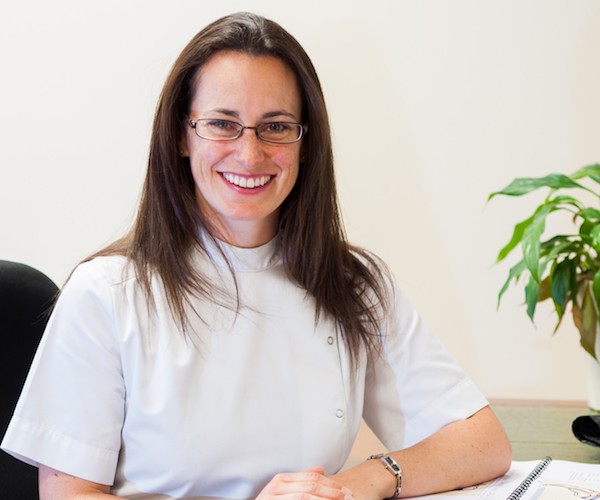Don't let back pain get in the way
No data
Blog, Latest News
Back and neck pain can cause misery, especially when you’re on your feet all day demonstrating prams and talking with customers.
Michelle McWilliam is an osteopath, acupuncturist and co-owner of The Totalcare Clinic near Southampton. Here, she talks about how to avoid back injuries and how to help heal if you’re unfortunate enough to have one.
Don’t let back and neck pain prevent you from doing what you love
The chances are your role involves quite a lot of lifting of heavy objects like prams and cots, or moving stock around and probably a lot of desk work too. Whatever your job requires, it’s important to protect your back. Our bodies are designed to be able to undertake these activities, however a combination of repetition, poor technique or inadequate physical fitness can mean we suffer with injuries that cause pain, ranging from a mild backache to serious pain.
Causes of pain
Pain can be caused by different issues with the spine. Most commonly is the overuse of muscles. This can cause a deep, dull ache which gradually builds up during the day. Alternatively, sudden, cramp-like pain can be by muscle spasms. More severe back pain can be caused by damage to the discs of the spine. If a disc bulge pushes out at just the right angle it can place pressure on the nerve which can produce pain.
Avoiding spinal pain
When neck or back pain starts our body becomes stiff and immobile either due to muscles spasms or the pain that restricts our movement. The first stage is to try and reduce the acute nature of the pain, maybe with hot or cold packs, or pain medication. Once pain has started to reduce, manual therapy can be used.
Exercises are an important part of maintaining health for the spine and posture and manual handling techniques are incredibly important for preventing injury.
Treatment
For disc problems to resolve, the body needs to be given the right environment to help itself. This means the spine needs to be moving to the best of its ability. Osteopaths, chiropractors and physiotherapists are all skilled and able to provide the correct treatment and advice to try to help with back and neck pain.
In cases where the body is unable to heal itself and manual therapy treatment has been unsuccessful, clinics can recommend IDD Therapy. This form of treatment is a specialised form of spinal decompression, controlled through computers to provide the exact amount of decompression to a targeted area for a sustained period of time. As the pain subsides, manual therapy and gentle exercise can be re-introduced.
Keeping your body strong and mobile is the key to enjoying a long, enjoyable and – importantly – pain free career.
Find out more
Michelle McWilliam is an experienced osteopath and acupuncturist and co-owns The Totalcare Clinic in Botley, just outside Southampton. The clinic provides Osteopathy for adults and children, acupuncture, sports massage, IDD Therapy, and pilates, yoga and Tai Chi.
‘Intervertebral Differential Dynamics’ or IDD Therapy is a non-surgical spinal treatment for intervertebral discs with over 1,000 clinics worldwide and 34 clinics across the UK. A non-invasive treatment, IDD Therapy helps patients who need something more for their pain when manual therapy alone is insufficient to achieve lasting pain relief. Find out more here.
Have you got a story to share?
If there’s a story you’d like to share across the Nursery Online community, just drop us an email. We’ll be happy to help!

© 2024 THE MEDIA SNUG ALL RIGHTS RESERVED - COMPANY NUMBER 06380497
